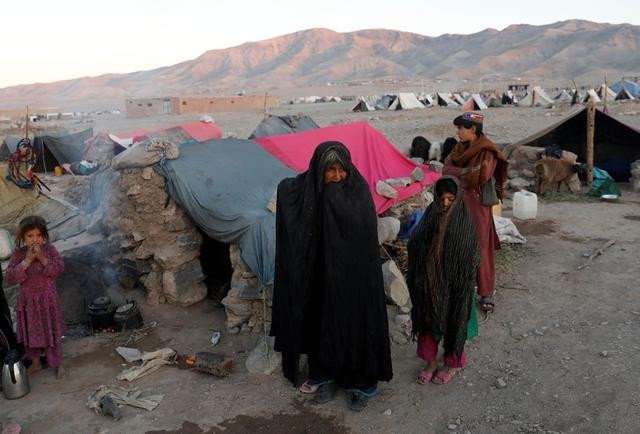The UN refugee chief has warned of a potential humanitarian catastrophe in Afghanistan if much-needed aid to the country is delayed, urging international donors to honor their financial pledges immediately.
UN High Commissioner for Refugees Filippo Grandi issued the warning at a press conference on Friday, saying that only a third of the funds urgently sought for Afghanistan by the UN had been donated.
“Pledges were made, so it’s a matter of disbursing them because we need those resources quickly,” Grandi said while calling on donor countries “to concretely pledge support where it is immediately necessary.”
He said that given the fact that winter is approaching, it would be a “race against time to address humanitarian needs” in Afghanistan, which is a landlocked mountainous country.
The UN refugee chief also warned that the meltdown of services really risked generating a much bigger humanitarian crisis.
READ ALSO: The US will not file charges against a white officer who shot and paralyzed Jacob Blake
Back in September, international donors pledged more than $1 billion in humanitarian aid to Afghanistan to address hunger and poverty. The pledges were made at a UN conference in Geneva as the world body warned of a looming humanitarian crisis in the South Asian country. China and Russia said the main burden of helping Afghanistan out of crisis should lie with Western countries, which had caused devastation with the war.
Around $200 million of the new sum is earmarked for the World Food Programme (WFP), which found that 93 percent of the 1,600 Afghans it surveyed in August and September were not getting enough to eat.
The WFP has already warned that over 14 million people — out of Afghanistan’s 40 million-strong population — could be pushed to the brink of starvation if they did not receive immediate aid.
Grandi said only 35 percent of the pledged amount had been disbursed to date, adding that of the 300 million requested by his organization, only 18 percent had been received.
He also urged countries to continue to offer development aid for Afghanistan, which was heavily dependent on such assistance even before the Taliban took power.
Grandi hoped that a solution could be found to interact with development agencies given the fact that the Taliban’s newly-announced interim government is not recognized. “Unless that is found, I foresee a bigger humanitarian crisis. I foresee massive displacement, for sure,” he said.
Last month, Grandi visited Afghanistan after the takeover of the country by the Taliban. During his three-day visit, he met with newly-appointed Taliban ministers.
The previous government of Afghanistan collapsed on August 15 in the face of lightning advances by Taliban militants. On September 7, the Taliban announced the formation of a caretaker government in Afghanistan, where hunger and poverty significantly increased during the past month.
Even before the Taliban’s takeover of the country, over 18 million Afghans required urgent humanitarian assistance. The persisting conflict and violence also internally displaced more than 3.5 million people, including some 630,000 uprooted during 2021.
The Taliban first ruled Afghanistan from 1996 to 2001, when the United States invaded the country and toppled the Taliban-run government on the pretext of fighting terrorism following the September 11 attacks in the US.













